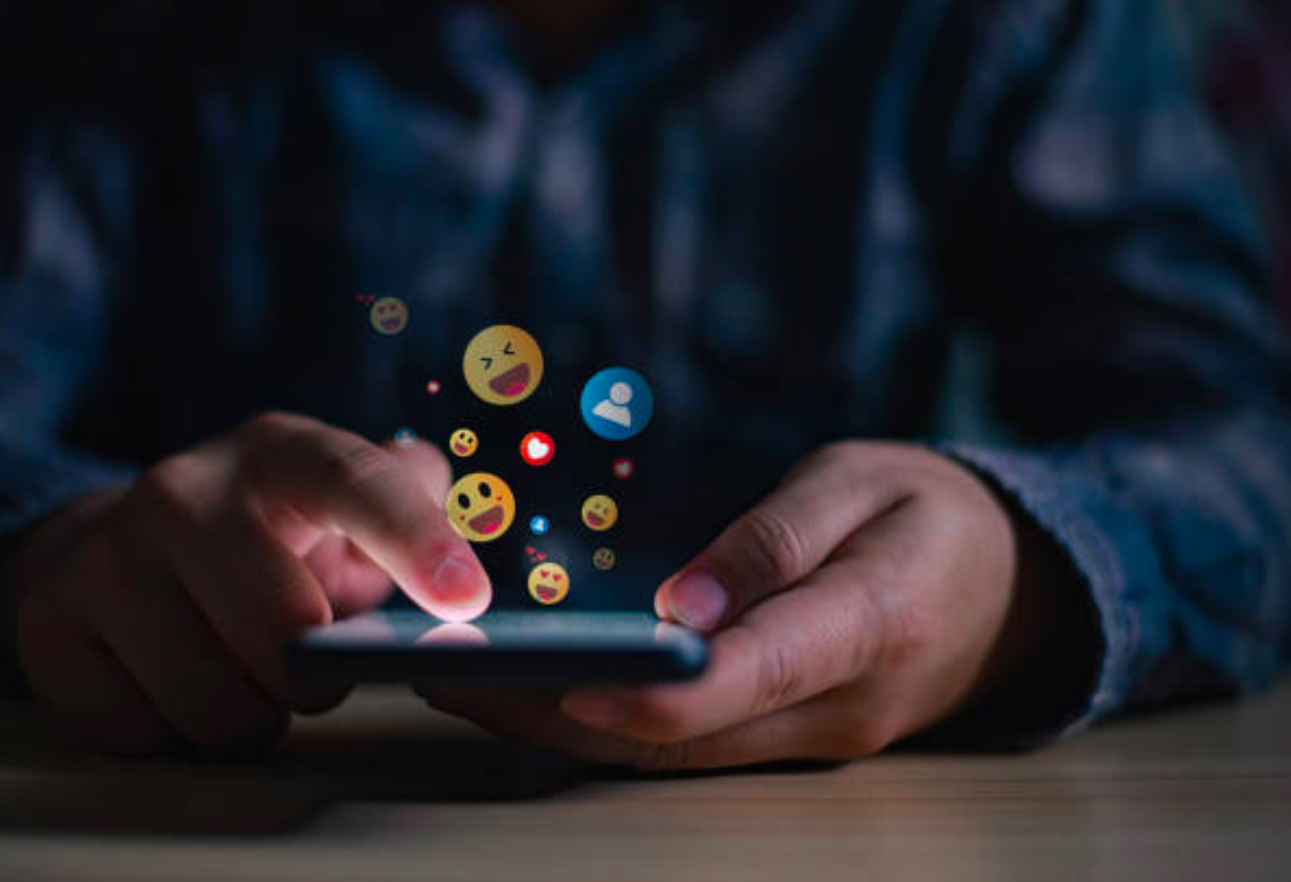These are the apps that know the most about us; they track and sell information.

For several years now, the apps that collect the most personal information about their online users for their own commercial gain have been almost the same, according to the ranking compiled by AIPRM, a platform specializing in optimizing the use of artificial intelligence (AI). The top five are Facebook, Instagram, Klarna (a global payments and commerce network), Uber, and Uber Eats.
AIPRM experts have used data from the "Invasive Apps" report, published in 2021, as a reference. Although the data is from four years ago, a spokesperson linked to the AIPRM investigation explained to Efe that "several recent studies and analyses of online app store policies indicate that the privacy practices of many apps have remained virtually unchanged since then."
In addition, AIPRM experts have updated and enriched information from other sources and previous studies using additional data and experiences of their own production on the collection of user data by apps, the spokesperson emphasizes.
Own commercial purposes Facebook and Instagram, owned by social media giant Meta, use 86% of user data to promote their products and show relevant ads, while Klarna collects 64% of consumer data for marketing purposes, according to AIPRM.
For their part, both Uber and Uber Eats collect 57% of user data through their apps for their own commercial benefit, according to the same source.
Those with the most data Meanwhile, the top three apps on the list of apps that track the most data overall are Facebook, Instagram, and Uber Eats , which track 62%, 55%, and 50% of their users' personal data online, respectively, according to AIPRM.
In fourth and fifth place on this list are Trainline (an app for booking train and bus tickets) and eBay (an online platform for buying and selling products), which track 43% and 40% of their users' personal data, respectively, according to the same source.

The three apps that track the most data overall are Facebook, Instagram, and Uber Eats. Photo: iStock
On the other hand, the list of apps that share the most personal data of users with third parties is once again led by Instagram and Facebook , which respectively provide 79% and 57% of the collected data, followed by LinkedIn and Uber Eats (both share 50%) and Trainline and YouTube (43% of shared data), according to the AIPRM ranking.
In exchange for their free services, apps often track consumers' personal data to display ads from third-party sources in their interfaces, to display in-app advertising, to evaluate user behavior, and to improve the app's functionality, security, and software, according to NSoft.
In exchange for their free services, apps often track consumers' personal data.
Additionally, these apps are able to track what users are doing while using their platforms, providing them with information about personal tastes, relationship status, and other preferences that become assets for exchange.
Another study by the NSO Group this year found that the apps that most invade privacy are led by the Meta group of platforms (Facebook, Instagram, Messenger and Threads) , with 68% of data sold to third parties, followed by Snapchat, TikTok, X, LinkedIn and WhatsApp Business – which does not have the end-to-end encryption offered by the standard version.
Google isn't immune either. According to NSO Group, its apps that collect the most data are Gmail, Google Maps, Google Play, and Google Play. Other apps that also appeared in this study were PayPal, Amazon, and Duolingo.
And privacy? Another study referenced by AIPRM is the International Association of Privacy Professionals (IAPP) Consumer Privacy and Trust Report, for which 4,750 people in 19 countries were surveyed. This 2023 study revealed that 68% of consumers worldwide are "somewhat concerned" or "very concerned" about their online privacy.
Eighty-five percent of consumers surveyed reported that they had deleted an app from their phone “in the last twelve months,” while 82 percent chose not to share their personal data, 78 percent avoided a particular website, and 67 percent decided not to make an online purchase due to concerns about their digital privacy.
Christoph C. Cemper, founder of AIPRM, points out that “ there are inherent security risks when using applications that collect and use our personal data.”
On the one hand, “cyberattacks and hacks are becoming more common and sophisticated, as cybercriminals constantly refine their methods,” and on the other hand, “rapid digitalization and the growth of artificial intelligence (AI) are other factors contributing to a more complex global cyberthreat landscape,” according to Cemper.
"In this sense, apps are constantly vulnerable, so it's vital that users maintain robust and up-to-date security and data encryption protocols," he emphasizes.
If the user does not take security measures, malicious actors could access large amounts of their personal data.
"If the user doesn't take security measures, malicious actors could access large amounts of their personal data, potentially exposing them to fraud or identity theft," he warns.
Cemper points out that "in addition to external cybersecurity threats, some apps could also violate privacy regulations by collecting more data than necessary without fully disclosing how it is used."
Here's how you can identify your privacy settings 
Photo: iStock
“Very few app users read their privacy policies, so they are unaware of the amount of personal data being collected and how it is being used,” says Christopher Cemper.
“A good starting point to learn more about data collection in apps is to check the privacy information in the app store, for both iOS and Android, which explains the type of data the app collects and how it is used,” suggests Cemper.
The expert explains that most Android devices offer a privacy panel with the data that apps have access to, and that users can manage their preferences.
On iOS devices, the Privacy & Security section of Settings provides information about which apps have access to and track user data, and offers options for managing tracking and collection permissions, according to Cemper.
Additionally, third-party services such as AppCensus can be used to analyze app privacy.
(*) With additional information from EL TIEMPO.
eltiempo





